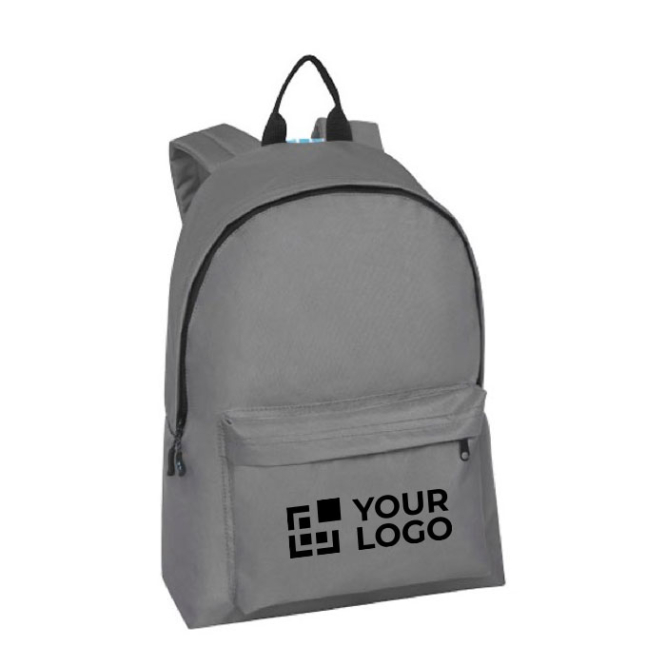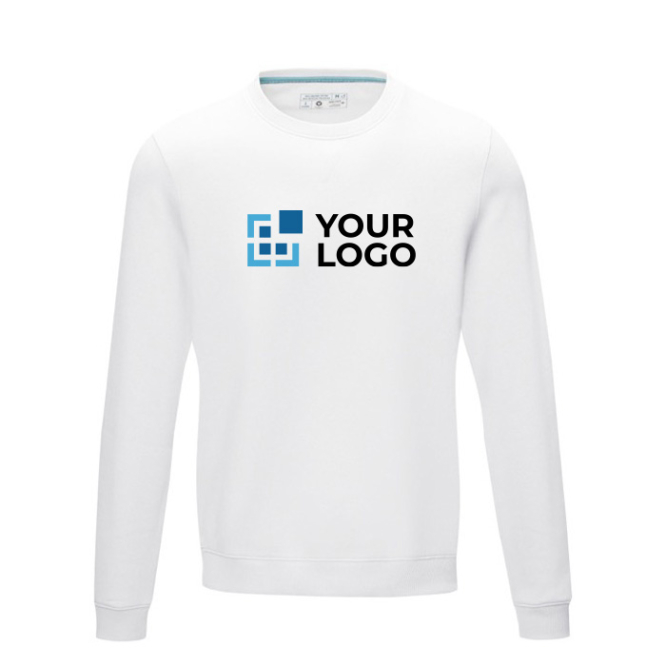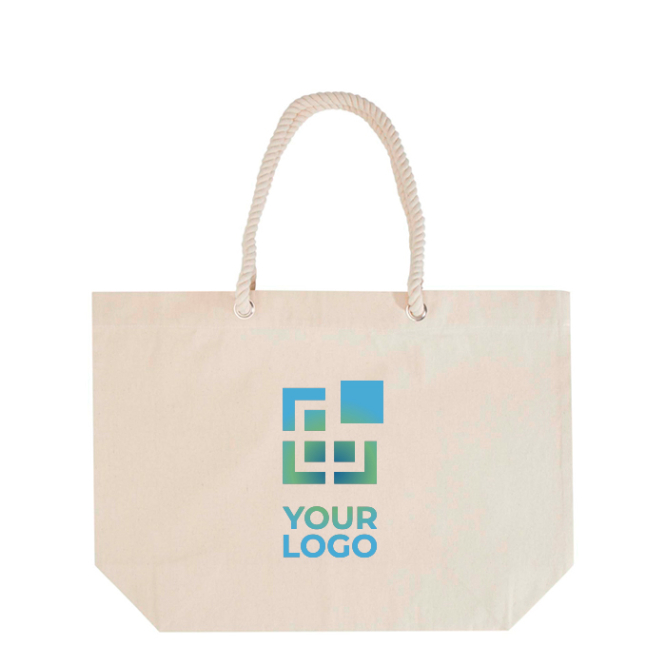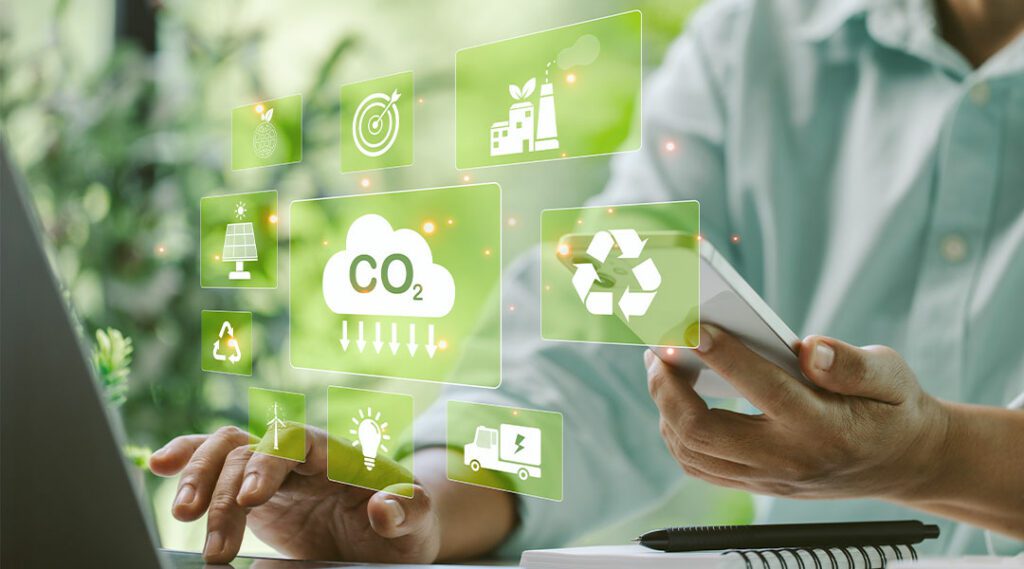
There is growing interest among brands, buyers, and distributors in demonstrating a genuine willingness to behave ecologically responsibly and reduce their footprint on the planet is on the rise. The cause of this growth in interest is largely prompted by the commencement of the low-carbon economy and the global movement for sustainable development, which both encourage the recycling and reuse of materials as a way to reduce reliance on non-renewable resources. As per a report by Nielsen, 73% of world consumers would be willing to change their consumption habits in an effort to minimize their environmental impact. This has compelled businesses to realize the benefits of incorporating sustainable practices into their business culture. It is here that the GRS certification comes into play as a guarantee of sustainable production.
· What Is the GRS Certificate?
The GRS (Global Recycled Standard) is a globally accepted certification that verifies products have been made using recycled material and guarantee both environmental and social standards are being maintained during production.
The certification is provided by Textile Exchange, which is a global non-profit group committed to bringing about a better climate and nature for the apparel, textile, and fashion industry. With two of the highest standards in the world, the GRS label of Textile Exchange allows organisations to demonstrate commitment to sustainability as well as protecting the environment.
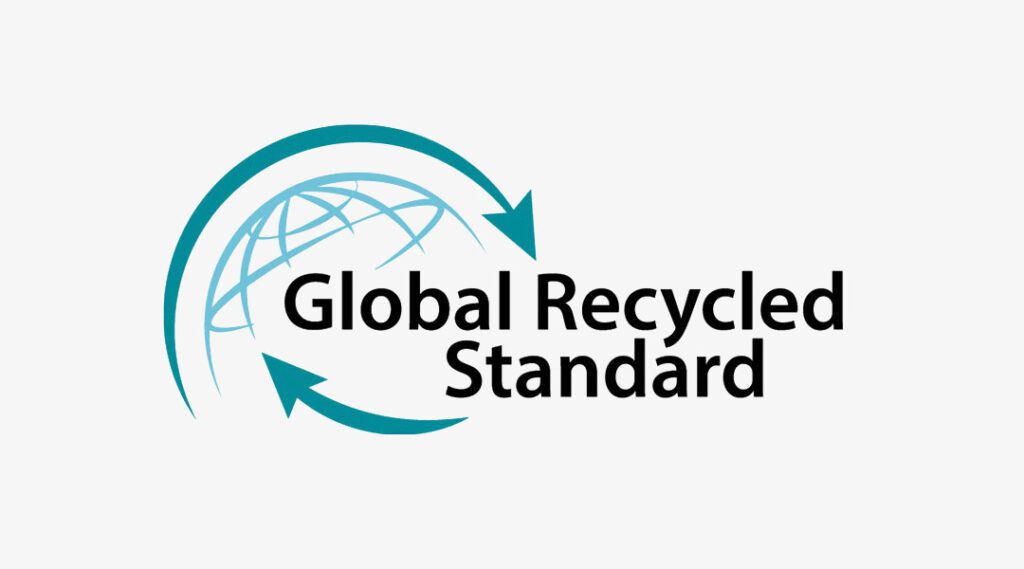
GRS does not only mean recycled raw materials but intermediate and finished products made with recycled content too. Recyclable materials span from textiles, plastics, and glass, leather, to metals and much more.
· Objectives behind GRS certification
When launching the GRS, Textile Exchange wanted to increase transparency and consistency across recycled fibre claims. Its most significant objectives are:Unify definitions of “recycled” across industries and uses, ensure recycled content in products, and provide a reliable framework to enable conscious buying decisions.
The certification process checks compliance in four key areas:
- – Recycled Material Requirements: Ensures products have verifiable, high-quality recycled content.
- – Environmental Principles: Aims to minimise negative effects throughout production.
- – Social Responsibility: Ensures ethical and respectful working practices.
- – Chemical Restriction: Aims for reduced chemical use and requires products to contain at least 50% recycled content to use the GRS logo.
· Who Is It For?
The Global Recycled Standard is for companies across the supply chain—recyclers, intermediate and end-product manufacturers, distributors, and brands—who wish to get certified for the use of recycled material and sound practices.
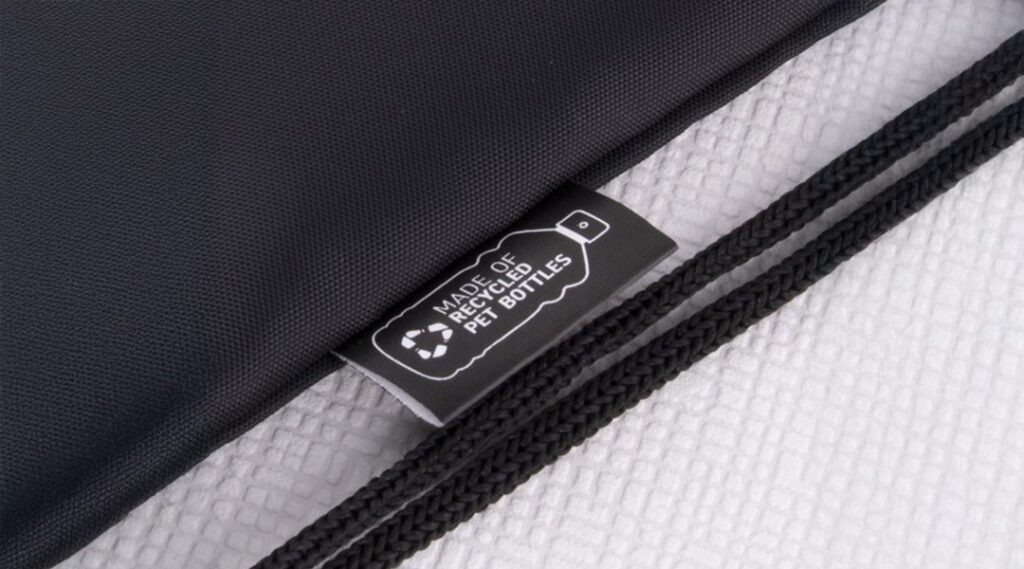
Most interested industries are:
- – Textile and apparel: Spinning, knitting, dyeing, sewing, and printing processes.
- – Plastics: Companies involved in mechanical and chemical recycling, shredding, moulding, and packaging manufacturing.
- – Food packaging and cosmetics: Brands and companies that use recycled-content packaging.
· How GRS Certification Works: Step by Step
To ensure total compliance with its standards, Textile Exchange uses a rigorous five-step audit process. Manufacturers, suppliers, brands, and retailers worldwide are all involved.

- 1 – Auditing of Recycled Material: Materials are audited under ISO definitions for “recycled.” Pre-consumer and post-consumer materials are eligible.
- 2 – Responsible Production: Certified sites follow strict environmental and social criteria, and they do not permit any hazardous chemicals.
- 3 – Chain of Custody: Manufacturers trace the chain of recycled fibres through every step of the process, ensuring the recycled material stays uncompromised from raw material to end product.
- 4 – Credible Certification: Independent, accredited third-party organisations audit each step of the supply chain to ensure authenticity and protect the integrity of the GRS label.
- 5 – Labelling Process: “Once the relevant body verifies them, you can label eligible products with the official GRS logo, giving consumers clear, reliable information to guide their purchase decisions.
· How to Obtain GRS Certification
We’ve outlined the verification process—now here’s how you can get started if you’re thinking about applying for GRS certification:
First, it is important to note that this is a voluntary certification. It is only the companies willing to get certified that have to go through the process.
The first step is selecting an accredited certification body approved by Textile Exchange. These bodies are responsible for assessing if your company is good enough to the standards required.
Then, you’ll need to send in a completed ASR-206 Certification Body Application Form. Once approved, the authority will charge you the application fee, which you must pay to proceed with the review.
Once you submit all the documents and the relevant authority confirms that your company meets the requirements, they will conditionally accept the application.
If in doubt, we recommend contacting Textile Exchange directly via their web form.
· Why GRS-Certified Products Matter
As we’ve discussed, the main value of the GRS label is the assurance it provides regarding a product’s recycled content and environmental integrity.
However, GRS certification also offers brands and businesses several additional benefits. It enhances brand transparency, boosts credibility, and demonstrates a serious commitment to sustainability. In today’s increasingly eco-conscious marketplace, this can help companies stand out, appeal to greener audiences, and support their green marketing strategies.In short, showing that your business cares about green products is more important than ever.
That’s why here at Gift Campaign, we actively add more promotional products with the GRS stamp to our catalogue. We encourage you to browse through our green line!
